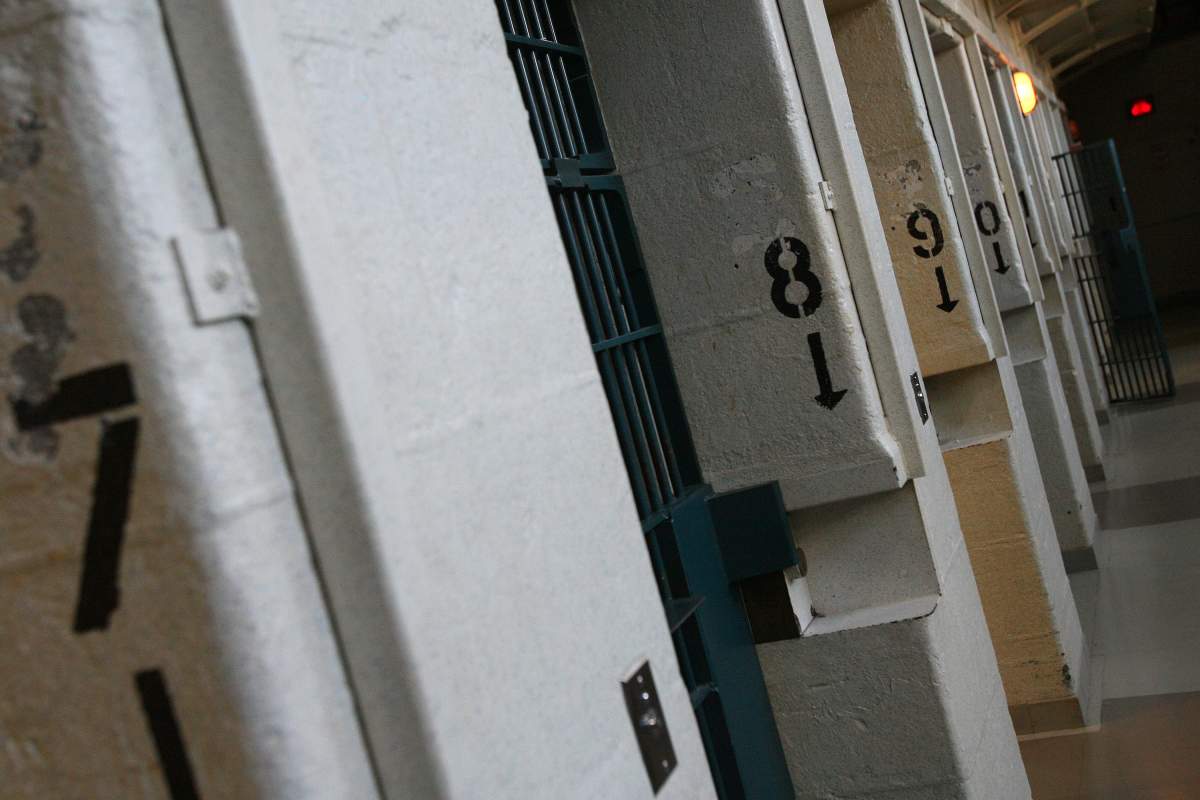The federal government plans to “delist” psychiatric beds in its prison treatment facilities, designating them as more general beds for housing inmates.

Correctional Service of Canada says it’s reviewing the way it provides mental health care to inmates whose complex needs Ottawa admits are overwhelming the country’s federal prisons.
“It is possible that this realignment will include the ‘delisting’ of beds,” spokesperson Sara Parkes said in an email. “This would mean the re-allocation of funding previously designated for hospital care to provide support at the intermediate level.”
IN DEPTH: Death Behind Bars
This could mean a couple of things: It could mean easier transitions for inmates who withdraw consent to treatment (and haven’t been deemed incapable of making that decision), who might otherwise have to transfer facilities entirely.
“The net result,” of the services review, Parkes said in a previous email, “will be that services will be better aligned to the needs of the inmate population, and will allow inmates to transition down to the most appropriate level of care when they need it.”
But removing beds’ psychiatric or hospital designation could mean changes to treatment or access to resources, or an institution’s medical staffing requirements, which tend to be dictated by the number of hospital beds.

Get daily National news
“If they’re delisting beds there but contracting with beds in the community, so people could be leaving the prison and go into hospital beds, that would be positive,” said Kim Pate, Executive Director of the Elizabeth Fry Society.
But she doesn’t think that’s the plan. “If that were part of the plan, they would be announcing it.”
“It could mean already scarce resources would be made all the mroe scarce and it could mean we see people held in more prison beds with fewer mental health options.”
In theory, sick inmates should have equal access to medical care regardless of their bed’s designation.
But in practice, the removal of that special designation is taking place in institutions that are already the deadliest federal prisons in the country, as a Global News investigation revealed previously.
Inmates are more likely to die or be assaulted in these specialized treatment centres than anywhere else – by a long shot.
Public Safety Minister Steven Blaney announced a new strategy for inmates with mental illness last month. He also said the government is embarking on a two-bed pilot project at a Brockville, ON facility that’s been calling for years on the federal and Ontario governments to establish a specialized program for women offenders with serious mental illness.
But at the same time, the government has also been cutting nursing hours at many of its prisons, causing concern among corrections officers and the prison watchdog alike about who’ll call the shots when it comes to inmate medical care, who’ll ensure inmates take their medication correctly and what quality of treatment they’ll get.
NDP Public Safety critic Randall Garrison said he’s worried about the cuts in nursing hours, and pessimistic about the government’s promise to respond to last fall’s Ashley Smith inquest recommendations this coming December.
“Obviously we have an ongoing problem and action is really needed,” he said. “I’m not predicting deaths or violence but should that happen, the government’s going to be responsible for that.”







Comments